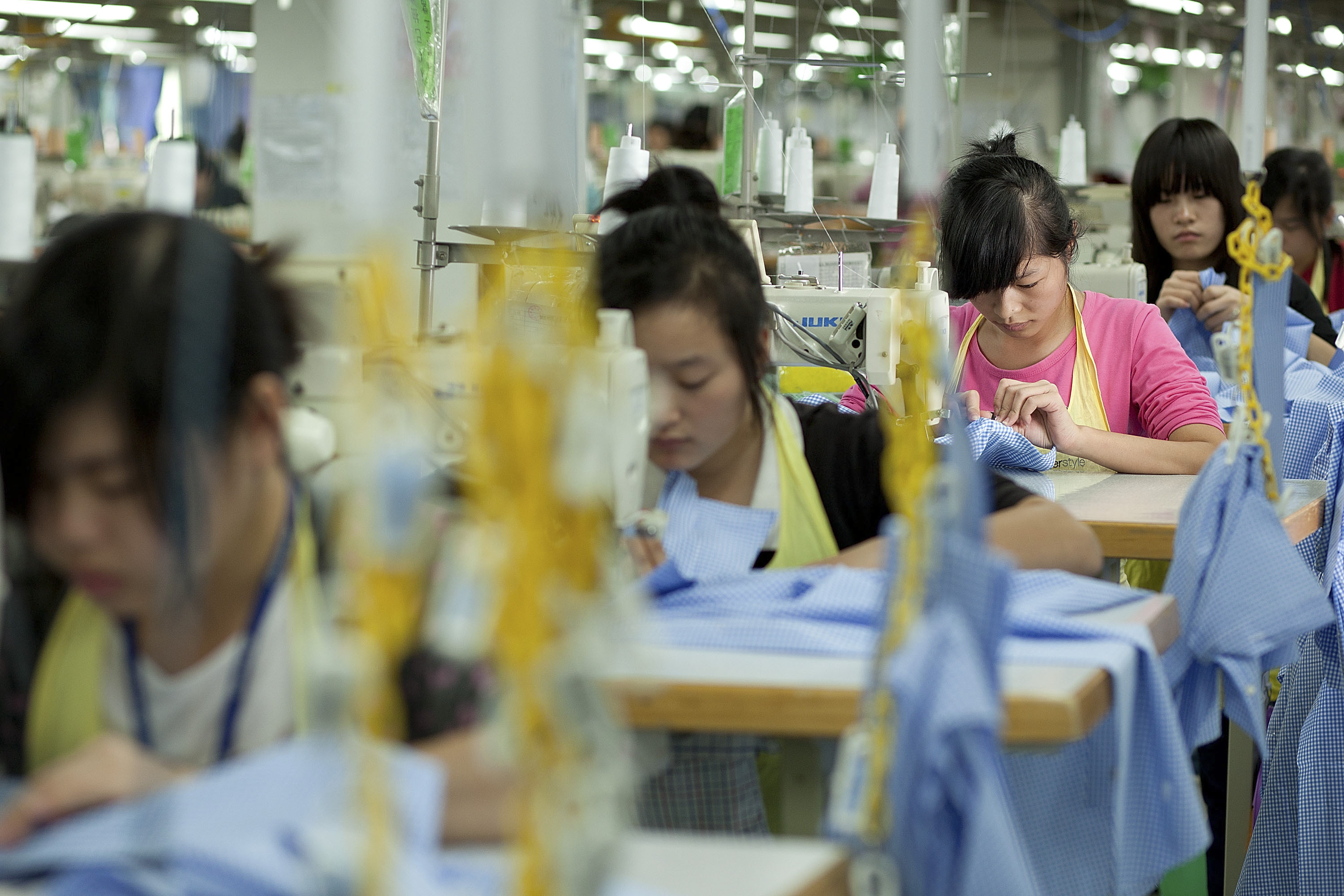
Bloomberg comments that as the trade war between the U.S. and China drags on with new tariffs and no end in sight, we need to ask ourselves: What do they want? A fundamental objective for both is to become less reliant on the other. The trade war should thus be reframed as a conscious uncoupling. Behind the rhetoric from both sides lies a profound distrust. U.S. suspicion stems from two specific issues. China is increasingly seen as a national security threat that fails to play by the rules. The Trump administration's stance has spurred debate over whether it was a mistake to allow admittance of a highly protectionist Communist country to the World Trade Organization. Democrats may dislike Trump's methods, but few will disagree with his view of China as a dangerous rival. For its part, the government of Xi Jinping is concerned about China's dependence on U.S. technology and finished manufactured products. The focus of its Made In China 2025 plan is to shift Chinese consumption of high-tech products away from foreign, specifically American, manufacturers and toward domestic companies. So how will they decouple? There's little historical precedent to consider how this might look. Two major powers have never been so closely intertwined. However, there are some patterns emerging. First, alliances are slowly evolving into more cohesive forms. Just as the new U.S.-Mexico agreement (likely to include Canada) seeks to divert more trade into Nafta, other countries have started reconsidering their reliance on Chinese telecom-equipment makers for the rollout of 5G wireless networks. Second, there's a reassessment of where key products should be made. The second batch of Trump's tariffs focuses on low-end intermediate exports with the intention of reducing China's role in the global value chain and pushing reshoring to the U.S. and other locations, as a recent Natixis report noted.
The Wall Street Journal reports that President Trump's economic conflict with China is set to escalate this week, as the administration plans to unveil fresh tariffs on $200 billion in Chinese products entering the U.S. and Beijing debates new ways to retaliate against U.S. corporations doing business in China. The threats from both sides of the Pacific risk upending a fragile new diplomatic initiative—led by Treasury Secretary Steven Mnuchin and supported by top U.S. financial and business executives—to see if they can broker negotiations aimed at staving off a new round of tit-for-tat penalties. As part of that initiative, the Chinese government over the weekend was completing plans for a top economic policy official to visit Washington in the next few days to lay the groundwork for a trip by Vice Premier Liu He the following week. Mr. Liu is expected to see Mr. Mnuchin, and possibly Mr. Trump. But Chinese officials said that if Mr. Trump carries out his plans to announce the fresh tariffs early this week—as people familiar with his plans said over the weekend that he would—then those talks could get scuttled. "China is not going to negotiate with a gun pointed to its head," said a senior official who advises the leadership on foreign-policy matters.
- 2018-09-14 U.S. Automakers Are Taking Hits From Both Sides in Trump's Trade War With China
- 2018-09-13 China welcomes US offer of talks as tariffs loom on $200 billion of goods
- 2018-09-12 United States 'deeply troubled' by alleged Chinese crackdown in Xinjiang
- 2018-09-11 China does away with family planning offices
- 2018-09-10 China vows to retaliate if the US takes any new steps on trade
- 2018-09-09 Pakistan rethinks its role in Xi's Belt and Road plan
- 2018-09-07 US businesses say China makes things great, again and again
- 2018-09-06 China says it will retaliate if US tariff hikes go ahead
- 2018-09-05 China’s Xi to send top ally to North Korea anniversary
- 2018-09-04 Trump’s Fight With Canada Over Nafta Faces New Hurdles
- New York Times As Trump's Trade War Mounts, China's Wall Street Allies Lose Clout
- Wall Street Journal China Weighs Skipping Trade Talks After US Tariff Threat
- The Washington Post Sanctions Threaten to Shoot Down China's Spyware Star
- Reuters Asian shares hobbled by new tariff threat
- Reuters China provinces braced for heavy rainfall as typhoon heads west
- Reuters RPT-UPDATE 2-Growth in Chinese home prices accelerates to two-year high
- Bloomberg Chinese Women Are Driving a Global Fertility Industry Boom
- Fox News Google's China prototype reportedly links searches to phone numbers
- Wall Street Journal New Doubts Emerge About US-Led Sanctions on North Korea
- Reuters Pakistan's army chief visits Beijing after 'Silk Road' tension
- Wall Street Journal Amazon Investigates Employees Leaking Data for Bribes
- Financial Times China UnionPay kicks off European expansion with UK launch
